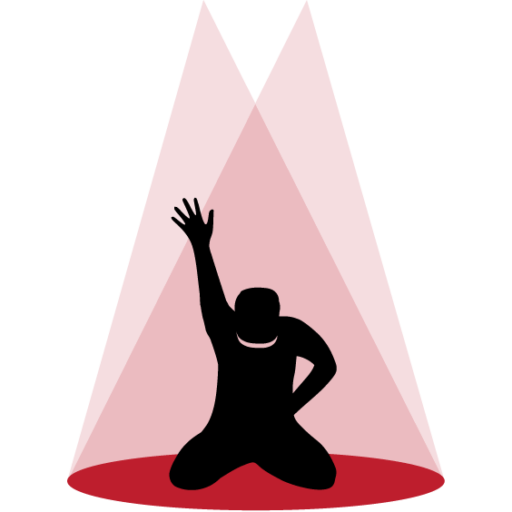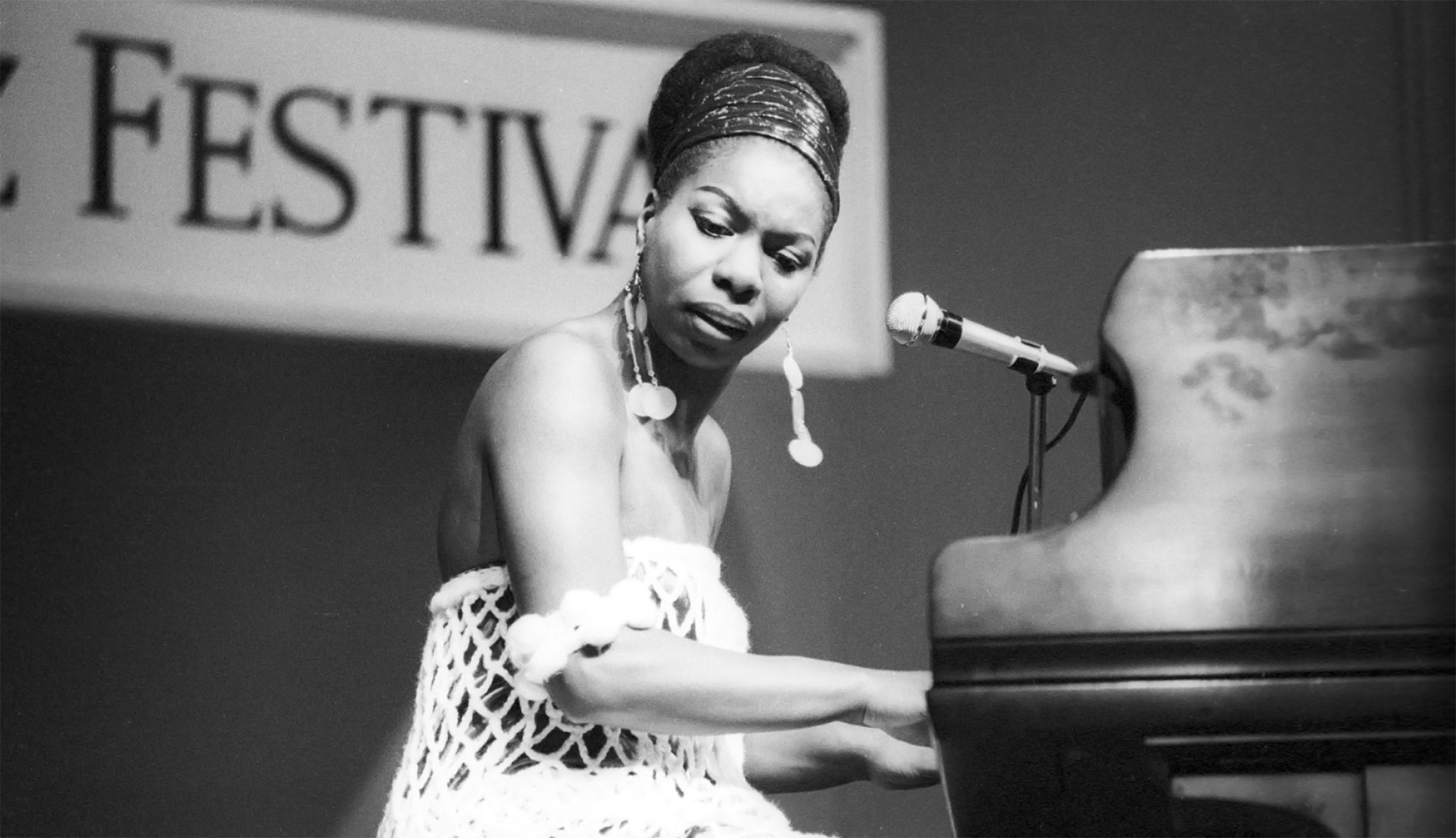Music is a cornerstone of our subconscious identity as humans: it is an integral part of our culture and society. Though it is constructed of several layers like singing and theory, the instrument is seen as the tool utilized to show our efforts and brilliance in the art.
Instrumentalists have long been the backbone of any performance, conducting the tone and subtle language of any sound. This list highlights 5 women whose instrumental technique fascinated the world and continues to influence music today.
Joni Mitchell
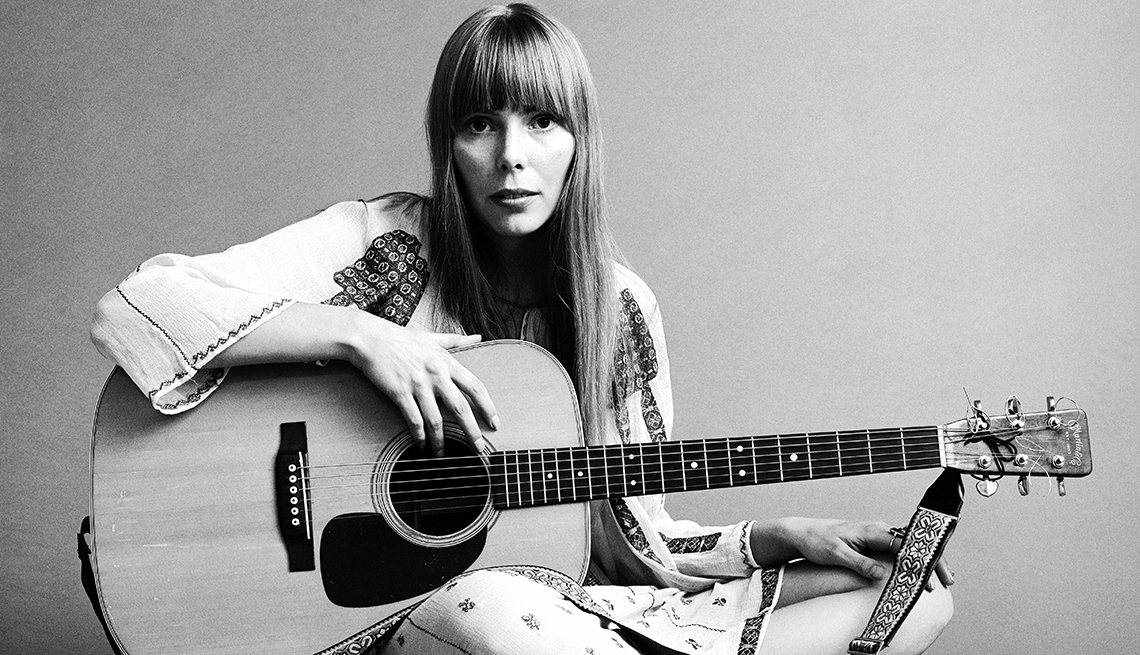
One of the most influential singer-songwriters in the 1960s, an era known for its fair share of timeless musicians, Joni Mitchell transformed a generation of music with her unconventional compositions, utilizing several elements from the jazz and pop fields.
Her story began in Alberta, Canada, as she combined aspects of poetry with her limited knowledge of the piano to create a base in music. Breaking through with her stellar debut album ‘Song to a Seagull’, she then grew a wide fanbase amongst young women, who were often oversaturated with the male rockstars at the time. She then released ‘Blue’ in 1971, an album often regarded as one of the greatest in history and a centerpiece of folk music.
With a childhood stricken with polio and thereby suffering damage to her playing hand for the guitar, she devised several unique methods to create different approaches to harmony. With over 15 studio albums and 40+ years of performing, her catalogue inspired a generation of artists of high caliber such as Bjork, Madonna, and Prince.
Her honors include 10 Grammys, an induction into the Rock and Roll Hall of Fame, and a Kennedy Center Honors.
The Lyrics Video for her hit “Big Yellow Taxi”:
Alice Coltrane
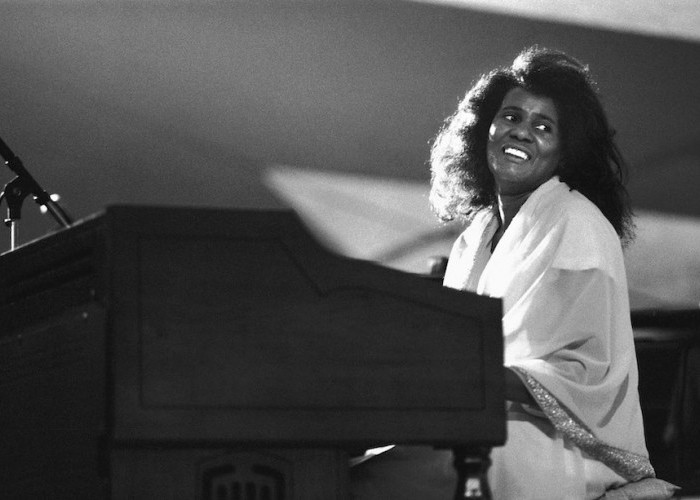
A true trailblazer of spiritual jazz, a skilled pianist and one of the only harpists in jazz history, Alice Coltrane’s influence in and out of the jazz ecosystem is often overlooked due to the accomplishments of her late husband, the saxophonist John Coltrane. Nonetheless, her presence in a male-dominated field of talented instrumentalists pointed to her comfort with music, her enchanting performances defining an era entire.
Her career started with performing around various clubs in Detroit thanks to the encouragement of her father, and eventually blossomed with her arrival in Paris at notable clubs such as the Blue Note Jazz Club. After her husband’s untimely death only two years after their musical collaborations began, her solo work comprised of eclectic, spiritual jazz with a more orchestral standard.
Spending several years out of the limelight and some negative personal experiences, she converted to Hinduism and released many divine albums of similar grandeur, slowly before returning to her roots with her skillful play on the harp and playing with her son.
Live Performance of a Harp Solo:
Evelyn Glennie
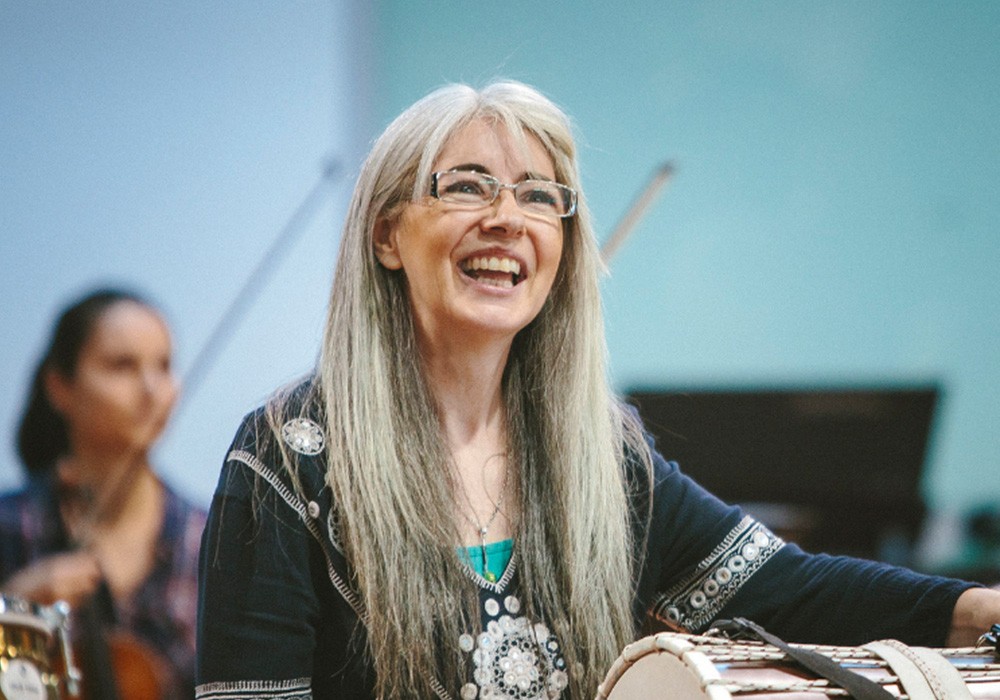
A percussionist praised for her incomparable talent; Dame Evelyn Glennie is often credited as the first individual to create and maintain their position as a musical phenomenon despite being a solo percussionist.
Born in Northeastern Scotland and highly influenced by the traditional music around her during that time, she became a skilled pianist initially. However, misfortune struck, and she began to lose her hearing and was declared ‘profoundly deaf’ at the young age of 12. Despite this, she explained that she found other ways for her body to ‘hear’, things she has thoroughly discussed in many masterclasses, orientations and TED Talks.
Her relentless dedication to perfecting her craft and prove herself as a successful solo act with unique methods, such as appearing barefoot on stage to allow her to sense the movement of her music more naturally. She has also been very active in collaborations such as performances at the 2012 London Olympics and The Royal Shakespearean Company.
Her honors include an Order of the British Empire, a Grammy, and over 25 honorary doctorates.
Live Performance of Concerto in C Major:
Nina Simone
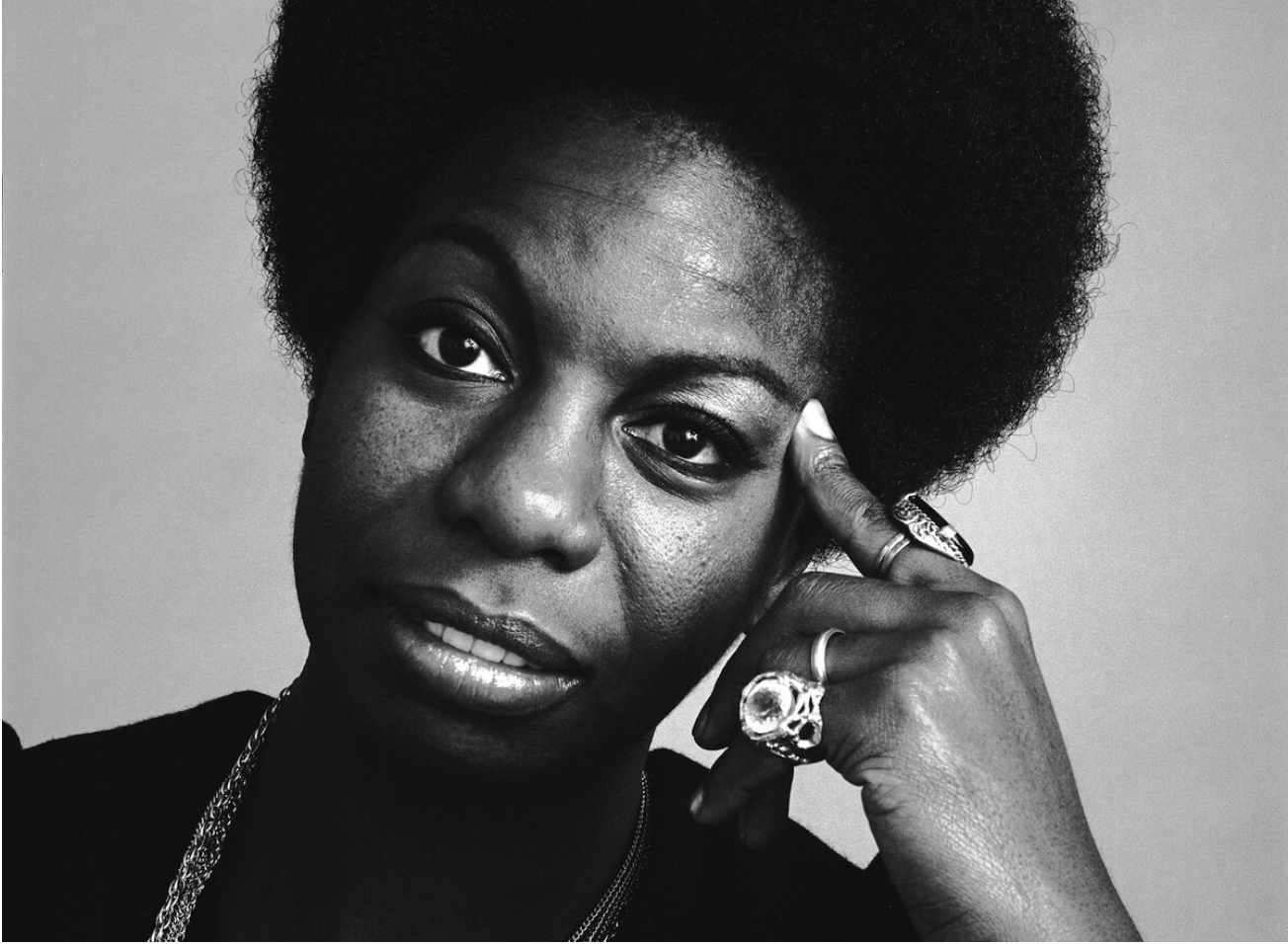
From a young age, Eunice Kathleen Waymon had the dream of being a concert pianist. By the end of her career, she was widely regarded as one of the greatest jazz, gospel, and blues artist of all time; paving her legacy with haunting lyrics, a passionate voice, intricate piano performances and a dedicated itinerary of social activism.
Born in North Carolina in 1933, Simone’s childhood was marred with racism and bigotry prevalent in the Deep South during that time. However, her perseverance combined with her talent in music and the support of many in her hometown, she was able to attend the Juilliard School of Music in New York. After a controversial lack of admission to the Curtis Institute of Music in Philadelphia, she set her sights to performing in Atlantic City’s nightclubs.
With several albums increasing her popularity in the early 1960s, the Civil Rights era proved a new frontier as she regularly included many protest songs such as ‘Mississippi Goddam’. Many of these were focal to events at the time, and she even spoke at many important historical occurrences at the time such as Dr. King’s march to Montgomery.
Her legacy is highly touted and influential to many artists of yesterday and today: Elton John, Adele, John Lennon, Hozier, Lana Del Rey, Mary J. Blige and many others have credited her for her discography in their musical journeys.
Her honors include an induction into the Rock and Roll Hall of Fame, and several statues erected around the world in her memory.
Live Performance of Stars / Feelings:
Carol Kaye
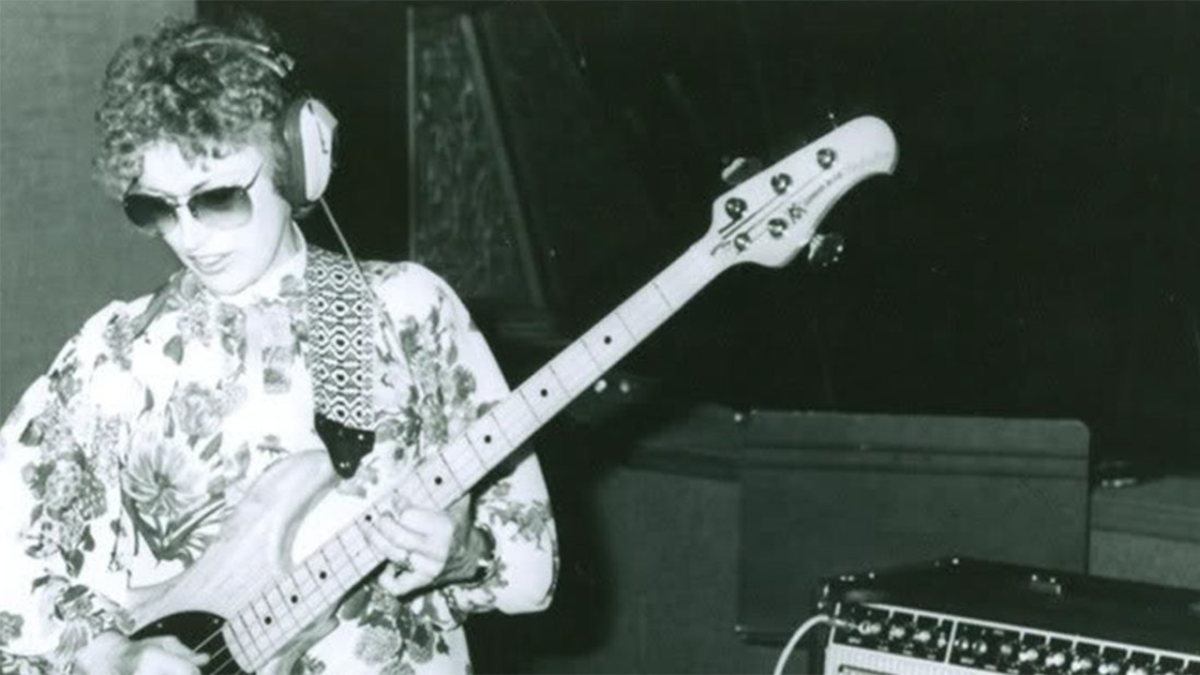 Out of all the music you may have ever listened to, there’s a good chance Carol Kaye’s supporting bass performance was involved to some degree. One of the most prolific bassists of all time, her catalogue consisted of over 10,000 recordings and a career spanning 70 years.
Out of all the music you may have ever listened to, there’s a good chance Carol Kaye’s supporting bass performance was involved to some degree. One of the most prolific bassists of all time, her catalogue consisted of over 10,000 recordings and a career spanning 70 years.
Born in Everett, Washington in 1935, her passion for music started early: her parents were musicians who regularly performed and she received her first guitar at the age of 13. By the mid-1950s, she was already touring with jazz clubs and acts, such as the Henry Busse Orchestra.
By the 1960s, she had transformed her career and focused on session work, collaborating with many superstar acts such as Frank Zappa, Sonny & Cher, Frank Sinatra, Stevie Wonder, Barbra Streisand, and the Beach Boys. After failing slightly out of love with her career choice and a tragic accident which left lasting injuries to her playing ability in 1976, she semi-retired and became a popular tutor for music.
Often regarded as one of the greatest bassists of all time, Carol Kaye has been highly credited as an influence to many industry greats such as Paul McCartney and Quincy Jones.
A deep dive into her career:

